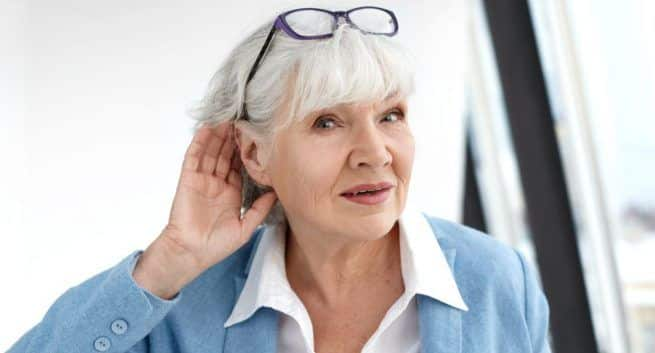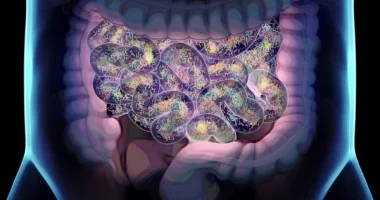
Age-related hearing loss affects millions of people across the world, and cases of the condition continue to rise. Studies suggest that it is the fourth leading cause of years lived with disability, especially in developed countries. While many factors contribute to hearing loss, a new study has found that osteoporosis and low bone density (LBD) can also contribute to the onset of the problem in women.
The study published in the Journal of the American Geriatric Society found that people with osteoporosis or low bone density are at a higher risk of suffering from hearing loss. The research team discovered that these health problems play a significant role in age-related hearing loss.
Women With Osteoporosis And LBD At Higher Risk Of Hearing Loss
The researchers used data from the Nurses’ Health Study (NHS) and NHS II, two large continuing prospective cohorts of female registered nurses established in 1976 and 1989. The participants were asked to complete questionnaires every year that examined if the hearing loss was moderate or worse in severity. They used the CHEARS Audiometry Assessment Arm to collect information on individuals’ audiometric thresholds (a measure of hearing sensitivity based on the volume of sound).
The researchers discovered that women with osteoporosis or LBD had a greater risk of hearing loss in both the NHS and NHS II cohorts. They also found that using bisphosphonates did not reduce the heightened risk. However, more research is needed to determine whether the kind, dosage or timing of bisphosphonate usage affects its effects.
As per the study results, having a history of vertebral fracture increased the risk of hearing loss by 40 per cent. The same could not be said for hip fractures, which are the two most common osteoporosis-related fractures. Sharon Curhan, MD, ScM, Study Leader, Channing Division of Network Medicine, Brigham and Women’s Hospital, explained that the disparities in results across these skeletal locations might be attributed to changes in the composition and metabolism of the bones in the spine and hip.
These results may provide fresh light on the alterations in the bone that surrounds the middle and inner ear that may contribute to hearing loss. Even though it is unclear how these conditions contribute to ageing-related hearing loss, but the research suggests changes in the pathways involved in maintaining bone homeostasis, as well as abnormal bone remodelling, may affect the integrity of the bone that shields the nerves and structures involved in hearing, or disruption and fluid metabolism in the cochlea, the key structure involved in hearing.
Study Limitations
The researchers do caution, however, that the study’s generalizability is restricted because the subjects are mostly white, with similar educational attainment and socioeconomic backgrounds. Curhan believes that more research into these relationships in males and non-white women would be beneficial. Furthermore, the researchers intend to investigate if calcium and vitamin D consumption is linked to hearing loss in the future, as they have been demonstrated to help prevent osteoporosis.
Changing Lifestyle Habits May Minimize The Risk
Curhan suggests that developing lifetime healthy eating and lifestyle habits may prove beneficial for future bone and hearing health. Keeping a healthy weight, eating nutritious food, remaining physically active, avoiding smoking, and keeping a healthy weight all help minimise the chance of hearing loss.
This post first appeared on The Health Site








